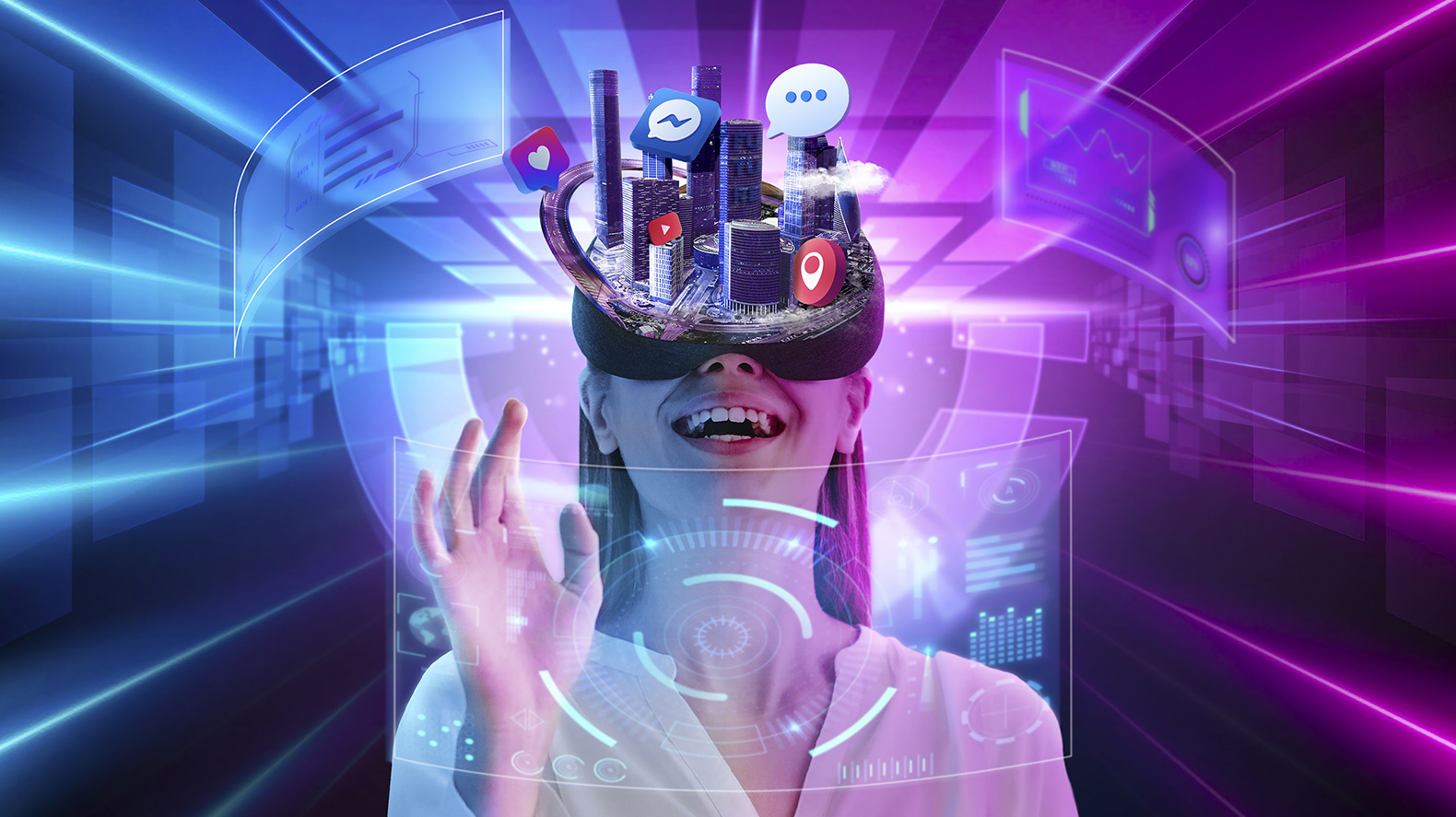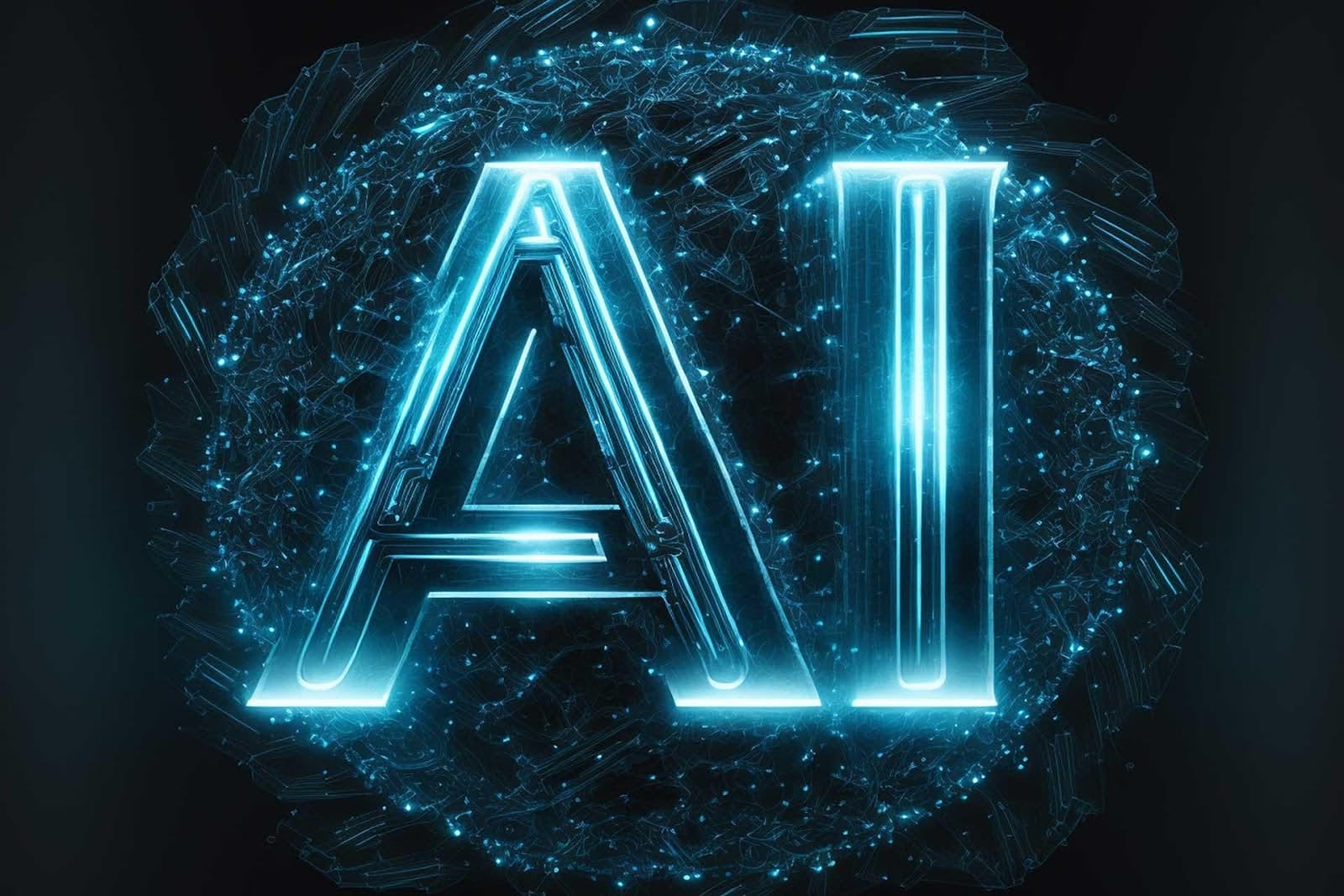Importance of Artificial Intelligence: How AI is Changing the World
Published: 25 Sep 2025
Introduction
Artificial Intelligence (AI) has become one of the most powerful technologies of the 21st century. From healthcare to education, business, transportation, and even entertainment, AI is transforming how people live and work. Its importance lies in its ability to analyze data, make predictions, and automate tasks that were once impossible for machines.
In this article, we will explore the importance of Artificial Intelligence, its applications, advantages, challenges, and how it is shaping the future.

What is Artificial Intelligence?
Artificial Intelligence refers to computer systems that can perform tasks that usually require human intelligence. These tasks include:
- Problem-solving
- Learning from data (Machine Learning)
- Recognizing speech and images
- Making decisions
- Understanding natural language
AI is built on technologies like machine learning, natural language processing (NLP), robotics, and deep learning, which together allow machines to “think” and “learn.”
Why is Artificial Intelligence Important?
AI is important because it helps:
- Save Time and Increase Efficiency – Automates repetitive tasks.
- Enhance Decision-Making – Provides data-driven insights for better choices.
- Improve Healthcare – Detects diseases faster than humans.
- Transform Education – Personalized learning for students.
- Boost Business Growth – Improves customer experience and productivity.

Applications of Artificial Intelligence
1. AI in Healthcare
AI is used to:
- Diagnose diseases like cancer and diabetes.
- Predict patient risks using big data.
- Assist in robotic surgeries.
- Provide virtual health assistants.
2. AI in Education
- Personalized learning plans.
- Smart tutoring systems.
- Automated grading.
- AI chatbots for student queries.
3. AI in Business
- Customer service chatbots.
- Fraud detection in banking.
- Predictive sales analysis.
- Inventory and supply chain management.
4. AI in Transportation
- Self-driving cars.
- Traffic management systems.
- Predictive maintenance of vehicles.
5. AI in Daily Life
- Virtual assistants (Siri, Alexa, Google Assistant).
- AI-powered recommendations on Netflix, YouTube, and Amazon.
- Smart home devices.
Benefits of Artificial Intelligence
| Benefit | Explanation |
|---|---|
| Automation | Reduces manual effort and speeds up processes. |
| Accuracy | Minimizes human error in tasks. |
| Cost Savings | Reduces long-term business costs. |
| 24/7 Availability | AI systems can work without breaks. |
| Scalability | Can handle large amounts of data easily. |

Challenges of Artificial Intelligence
Even though AI has many benefits, it also faces challenges:
- Job Displacement – Automation may replace some human jobs.
- High Costs – Developing AI systems is expensive.
- Bias in AI – AI can produce unfair results if trained with biased data.
- Privacy Concerns – Use of personal data raises security issues.
- Overdependence – Excess reliance on AI may reduce human creativity.
Future of Artificial Intelligence
AI is expected to:
- Revolutionize healthcare with early disease prediction.
- Advance education with smarter personalized systems.
- Drive business automation to new levels.
- Play a crucial role in climate change research and sustainability.
- Lead to the development of Artificial General Intelligence (AGI), where machines will think like humans.
FAQs
1. What is Artificial Intelligence in simple words?
Artificial Intelligence is when machines are designed to think, learn, and make decisions like humans.
2. Why is AI important in education?
AI personalizes learning, automates grading, and provides students with smart tutoring systems.
3. Can AI replace human jobs?
AI can automate repetitive jobs, but it also creates new opportunities in AI development, data science, and robotics.
4. What are the risks of Artificial Intelligence?
The risks include job losses, bias in decision-making, high costs, and data privacy issues.
5. What is the future of AI?
The future of AI is bright, with advancements in healthcare, robotics, space exploration, and smart cities.
Conclusion
The importance of Artificial Intelligence cannot be ignored. It is shaping industries, improving decision-making, and transforming daily life. While there are challenges, the benefits of AI outweigh the risks if used responsibly. AI is not just a technology; it is the future of innovation, growth, and human development.

- Be Respectful
- Stay Relevant
- Stay Positive
- True Feedback
- Encourage Discussion
- Avoid Spamming
- No Fake News
- Don't Copy-Paste
- No Personal Attacks

- Be Respectful
- Stay Relevant
- Stay Positive
- True Feedback
- Encourage Discussion
- Avoid Spamming
- No Fake News
- Don't Copy-Paste
- No Personal Attacks


